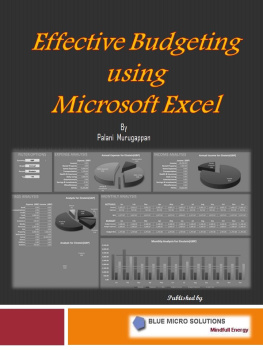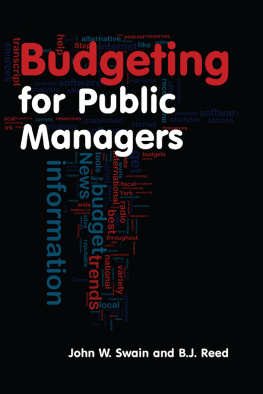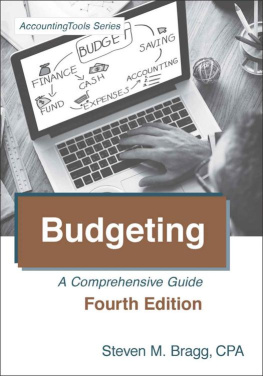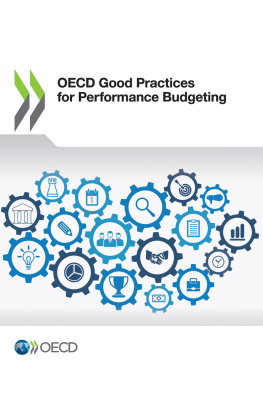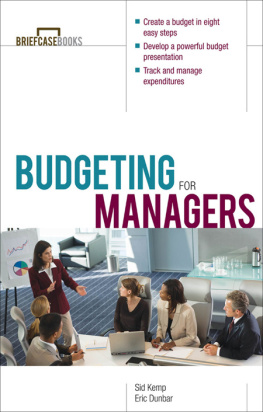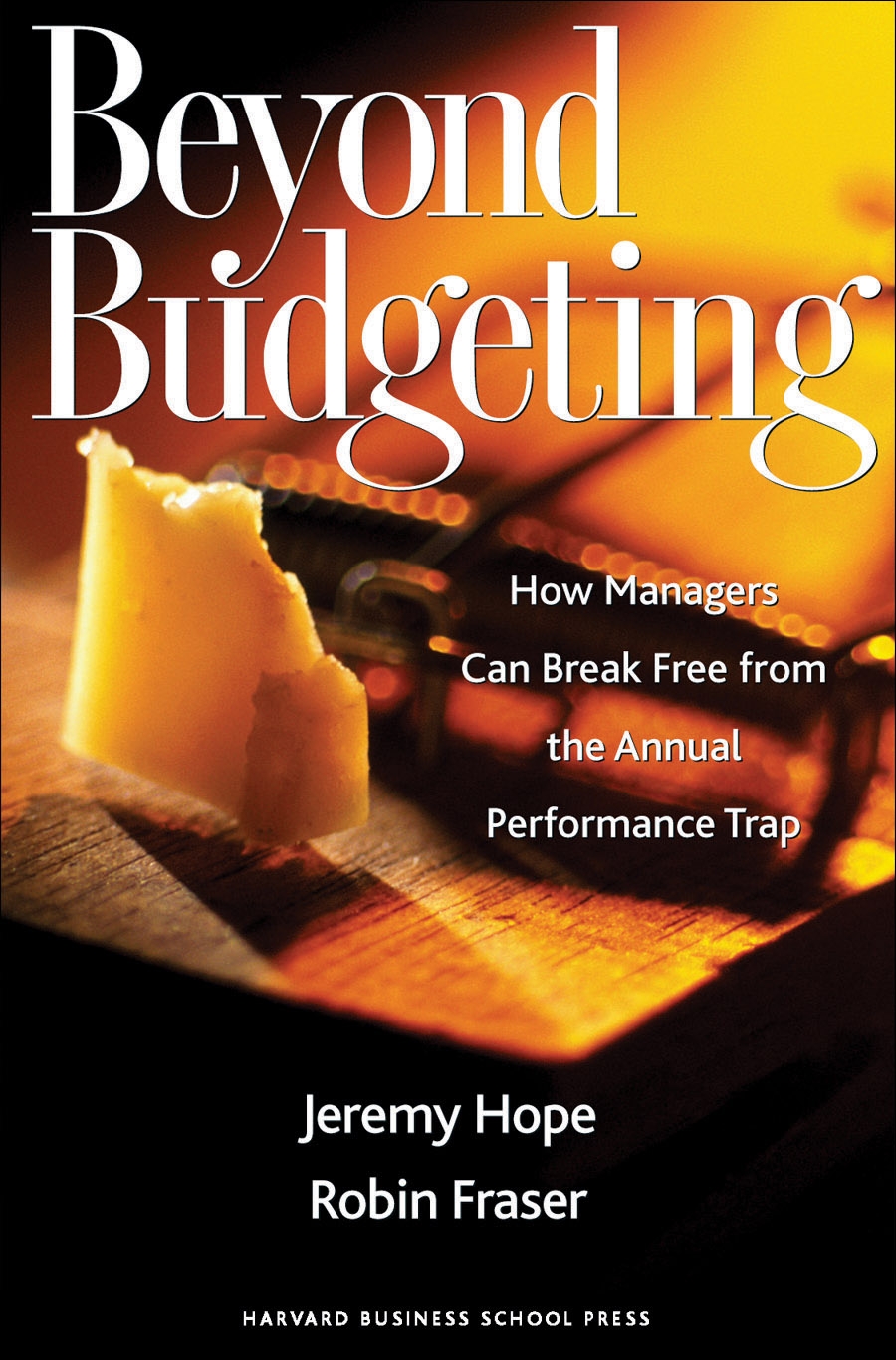Acknowledgments
This book is the result of an unusual process of case-based research and shared learning that has extended over a five-year period. It has involved a huge number and wide variety of participants. We explain the process here, identifying the participants and their particular contribution to the development of beyond budgeting.
We had long held the view that budgeting is fundamentally flawed. We believed that in todays conditions the solution was not better budgeting, but rather abandoning budgeting entirely and building an alternative management model. Few shared our view. Fewer still were prepared to fund serious research into it. However, our prospects changed when we heard through Pertti Akerburg, then group controller at Valmet in Finland, that there were companies that had actually abandoned budgeting. Several of them were in Sweden, and one of these had worked without budgets for thirty years. His news proved to be the stimulus we needed.
Accordingly, in late 1997 we set up the Beyond Budgeting Round Table (BBRT) with CAM-I, an international research consortium. Thirtythree companies joined us in 1998 to find out how companies had replaced budgeting and whether this alternative model was really different (and better). Since then over sixty companies in total have joined the BBRT and funded our research. Their interest stemmed from their own experiencegrowing dissatisfaction, indeed frustration, with traditional budgeting. They have traveled this journey with us, shared in the learning process, and challenged our thinking at every stage.
Although the BBRTs origins are in the United Kingdom, members have joined us from many countries, including Belgium, France, Germany, Holland, Norway, South Africa, Sweden, Switzerland, the United Kingdom, and the United States. We thank particularly the BBRT chairmen: Mark Doyle of Diageo, Martyn Newlands of Cadbury Schweppes, and Steve Morlidge of Unilever. Their guidance has been invaluable.
We also thank the representatives and participants from all the member companies. We are privileged to have worked with so many fine organizations: ABB, ABC Technologies, Accenture, ACCO Europe, AC Nielsen, Adaytum, Alstom Energy, Anheuser Busch, Armstrong-Laing, Arthur Andersen, Ascom, Barclays Bank, Bass Brewers, BG Transco, Boots, British Telecom, Bulmers, Burmah Castrol, Cadbury Schweppes, Chartered Institute of Management Accountants, De Beers, Deutsche Bank, DHL, Diageo, Droitwich Spa and Rural Housing Association, eNiklas, Ernst & Young, European Bank (EBRD), Halifax, Hammond Suddards, Interbrew, Kingfisher, KPMG Consulting, Mars, Mencap, National Power, Navigant Consulting, Novartis, Parker Hannifin, Pentland Group, Port of Tyne Authority, PricewaterhouseCoopers, ProDaCapo, Royal Mail, Rugby Group, Sainsburys, Schneider Electric, Siemens, Sight Savers International, SKF, Southco, Standard Life, TPG (TNT), Texas Instruments, Thames Water, UBS, Unilever, United Engineering Forgings, Valmet Corporation, West Bromwich Building Society, and Whitbread.
The cases we chose to visit initially were companies that had abandoned or radically changed their planning, budgeting, and control processes. But as the study progressed we widened our criteria. We included, for example, some companies that were decentralized, some that had implemented unusual reward systems, and some that used budgets differently (even one that believed it used budgets effectively!). In each case we sought a range of opinions from managers at different levels, from CEO to unit supervisor, as well as from different functions and locations.
We focused our research on three questions: (1) Is there an alternative to budgeting? (2) Is there a better management model? (3) What lessons can we learn about implementation? In total we visited some twenty cases (several on more than one occasion), wrote reports about them for the BBRT members, received presentations at BBRT meetings from executives of the case companies, and discussed the cases with them.
As our journey continued we identified common principles from these case reports, and we gradually built and refined what has since become known as the beyond budgeting model. We tested our thinking with the members of the BBRT, the executives in our cases, and also a range of academics and other experts who joined our meetings.
In addition to this, we produced a guide to managing without budgets. We prepared a Web-based diagnostic that any company can use ( http://www.project.bbrt.org ). We undertook an exploratory survey on over two hundred companies to test for correlation between progress toward the beyond budgeting model and improved competitive performance (it was statistically significant). And we have explored the use of a range of recognized tools and systems within the model. This book draws on this work and tells our story through the participants. In particular, these include the people we interviewed on case visits and the presenters at our meetings. It is because we could not have written the book without them that we have let them do much of the talking.
The cases have been our main source of new learning and inspiration. The companies at which we conducted interviews included AES, Ahlsell, Boots, Borealis, Bulmers, CIBA Vision, Bull, Fokus Bank, Leyland Trucks, Rhodia, Sight Savers International, SKF, Sprint, Svenska Handelsbanken, and Volvo Cars. Most of these case visits took place in the period from 1998 to 2001. We interviewed many people on each visit, too many to name individually. We thank them all, but would like to acknowledge especially the contribution of Gunnar Haglund at Ahlsell, Bjarte Bogsnes and Thomas Boesen at Borealis, Lesley Jackson at Bulmers, Richard Peach and Marco Caron at Novartis/Ciba Vision, Terje Svendsen at Fokus Bank, Charlie Poskett at Leyland Trucks, Jacky Pinon at Rhodia, Adrian Poffley at Sight Savers International, and Arne Mrtensson and Sven Grevelius at Svenska Handelsbanken. They have all enriched and enlivened our project and our knowledge in equal measure.
However, behind each of our cases lies a philosophy. Our real aim in visiting them was to understand it. We detected several independent strands that have contributed much to the development of the beyond budgeting model. The philosophy behind the remarkable turnarounds at both Bull and CarnaudMetalbox in France, for example, is that of Jean-Marie Descarpentries. But our greatest inspiration for beyond budgeting has been the philosophy of radical decentralization of Dr. Jan Wallander, honorary chairman at Svenska Handelsbanken.
In 1970, as the then recently appointed CEO, Dr. Wallander abandoned the budgeting and central planning systems and became the visionary architect of the management model Handelsbanken uses today. It took his strong determination, persuasion, and enthusiasm (clearly visible in the figure at the very front of the book) to bring about these changes in the bank. His experience over forty years provides strong evidence that the principles and practices we describe will not just sparkle today and fizzle tomorrow.
Many others have also contributed to the development of Beyond Budgeting . We thank particularly our academic advisers: Professors Michael Bromwich at the London School of Economics, Charles Horngren at Stanford University, Michel Lebas at the HEC in Paris, David Ottley at Lancaster School of Management, and Andy Neely at Cranfield University. Others also have been very generous with their time in presenting to the BBRT at its meetings. These include Dr. Stephan Haeckel, Professor Robert Kaplan, Dr. David Norton, and many others.

